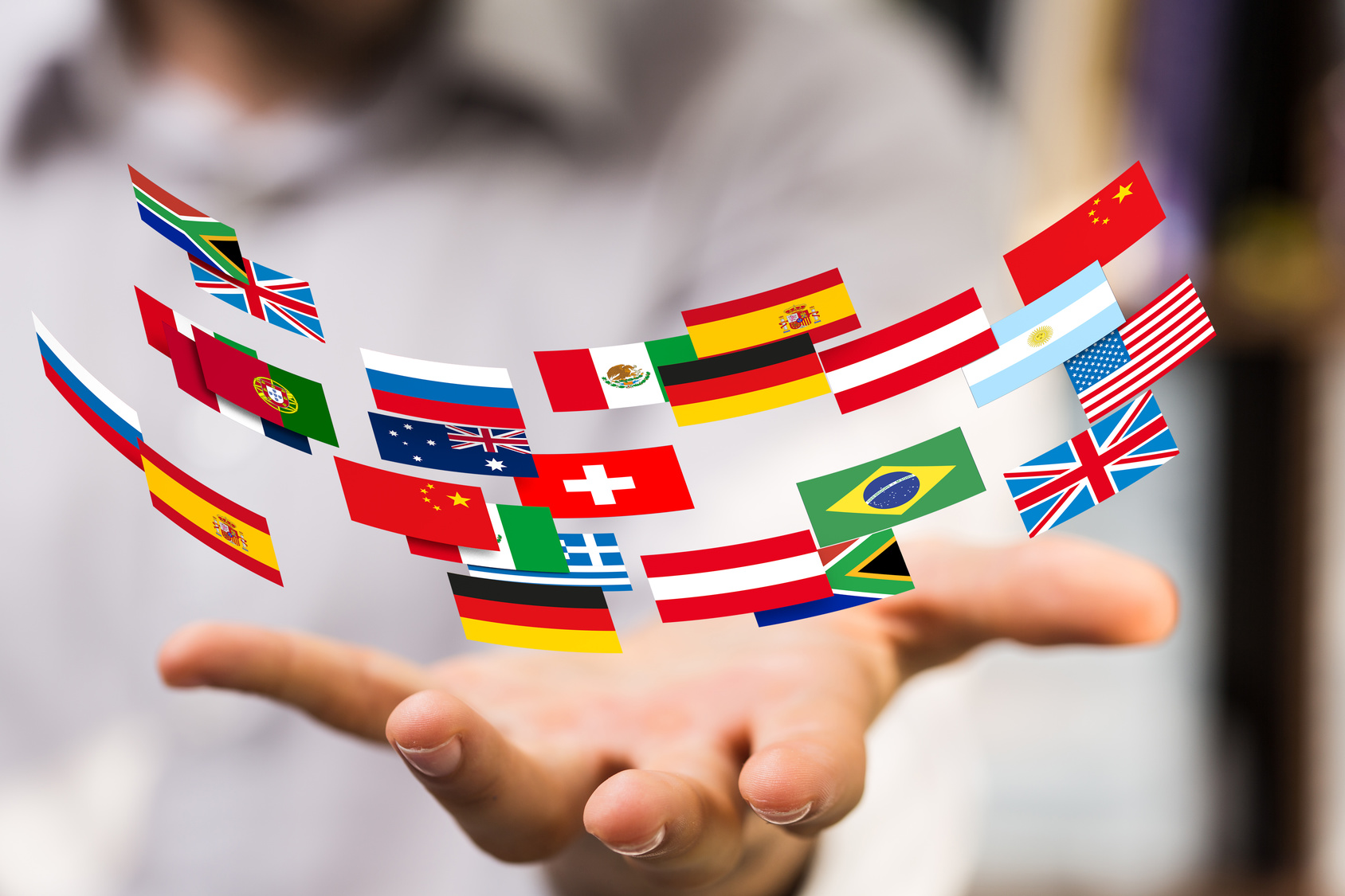(i) Agreement on Agriculture:
The tariffs resulting from transformation of non-tariff barriers, as well as other tariffs on agricultural products are to be reduced on an average by 36 per cent in the case of developed countries over 6 years and 24 per cent in the case of developing countries over 10 years period.
The least developed countries need not make any commitment for reduction.
ADVERTISEMENTS:
(ii) Agreement on Trade in Textiles and Clothing:
This provide for phasing out the import quotas on textiles and clothing in force under the Multi-Fibre Arrangements since 1974, over a span of 10 years, i.e., by the end of the transition period on January 1, 2005.
(iii) Agreement on Market Access:
The member nations will cut tariff on industrial and farm goods by an average of about 37 per cent.
ADVERTISEMENTS:
(iv) Agreement on TRIMs:
The agreement on Trade Related Investment Measures (TRIMs) calls for introducing national treatment of foreign investments and removal of quantitative restrictions. It identifies 5 investment measures which are inconsistent with the GATT provisions on according national treatment and on general elimination of qualitative restrictions.
These are measures which are imposed on the foreign investors such as the obligation to use local inputs, to produce for exports as a condition, to obtain imported goods as inputs, to balance foreign exchange outgo on importing inputs with foreign exchange earnings through export, and not to export more than a specified proportion of the local production.
ADVERTISEMENTS:
(v) Agreements on TRIPs:
Trade Related Intellectual Property Rights (TRIPs) pertain to patents and copyrights. Whereas earlier on-process patents were granted to food, medicines, drugs and chemical products, the TRIPs agreement now provides for granting product patents also in all these areas. Protection will be available for 20 years for patents and 50 years for copyrights.
(vi) Agreement on Services:
For the first time, trade in services like banking, insurance, travel, maritime transportation, mobility of labour, etc., has been brought within the ambit of GATT. The GATS (General Agreement on Trade in Services) provides a multilateral framework on principles and services which should govern trade in services under conditions of transparency and progressive liberalization.
It spells out certain obligations like grant of MFN status to the other member nations with regard to trade in services, maintenance of transparency and also a commitment for liberalization in general terms.
(vii) Disputes Settlement Body:
Settlement of disputes under GATT was a never ending process. There was ample scope for procedural delays, objections could be raised at each stage of the dispute settlement process, and penal reports could be rejected by the offending party.
The Disputes Settlement Body (DSB) set up under WTO seeks to plug these loopholes and thus provides security and predictability to the multilateral trading system. It has now been made mandatory to settle a dispute within 18 months. The findings of the DSB will be final and binding.

